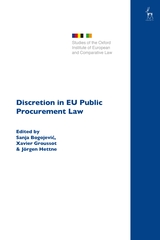General principles of community Law
- ISBN: 9789076871677
- Editorial: Europa Law Publishing
- Fecha de la edición: 2006
- Lugar de la edición: Groningen. Países Bajos
- Colección: The Hogendorp papers
- Encuadernación: Cartoné
- Medidas: 25 cm
- Nº Pág.: 480
- Idiomas: Inglés

This is the stage whereby the general principles are created as a result of the influence of Member States law, as well as the influence of international instruments, e.g. the European Convention on Human Rights. This stage is clearly related to the use of comparative methodology and embodies an extensive examination of the jurisprudence of the European Court of Justice and the Opinions of the Advocates General. The use of teleological interpretation by the Court and its limits is also scrutinized in relation to the comparison of laws. Is the Court #running wild# when it creates a particular principle? Or is the judge-made law perfectly legitimate?. This part focuses essentially on their scope of review and significance for the protection of individual rights. It attempts to establish a strict legal definition of the general principles in the EU legal order and follows a systematic approach. In that regard, the general principles may be divided and studied into three different groups, i.e. the administrative principles (e.g. proportionality, non-discrimination and legitimate expectations), the procedural principles (e.g. rights of defense), and fundamental rights (e.g. the right to property). This part assesses the extent of the building of a jus commune europaeum, through the help of the general principles, in the context of public law. Three countries (United Kingdom, France and Sweden) have been selected in order to determine the existence of a jus commune europaeum








